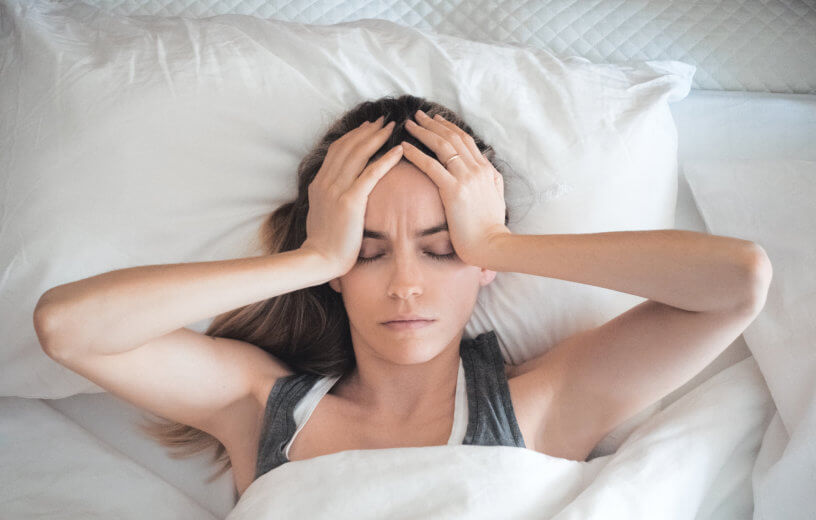KRAKÓW, Poland — Burning the candle at both ends can leave anyone desperate for good sleep, both mentally and physically. While many people try to “catch up” on rest over the weekend, a new study reveals it actually takes a lot longer to fully recover from insufficient sleep than you may think.
Researchers from Jagiellonian University find if you get 10 straight days of poor sleep, it will take more than a week to fully recover from that ordeal. Scientists discovered that issues tied to not enough shut-eye, such as lower concentration levels and memory problems, continue to persist after seven days of recovery.
The Polish research team adds that after a week of recovery from a 10-day period of deficient sleep, participants in their study returned to their pre-sleep deprivation reaction speed, but still experienced difficulties with other health measures.
“Sleep deficiency is well known to negatively impact human functioning,” study leader Dr. Jeremi Ochab and researchers write in a media release. “For example, it is associated with deficits in attention and memory, as well as increased risk of car accidents, heart problems, and other medical issues.”
Your brain continues to suffer after recovering from poor sleep
Although some studies have addressed recovery after chronic sleep deprivation, researchers say it has still been unclear how much time the human body needs to fully recover from prolonged periods of poor sleep. To shed more light on the subject, Dr. Ochab and the team examined several healthy adults who put themselves through 10 days of deliberate sleep restriction. They followed up with seven recovery days with no restrictions on their sleep.
The participants completed the study in their normal day-to-day environments, but wore wrist sensors to monitor daily patterns of sleep and activity. They also underwent daily EEG tests to monitor brain activity and answered daily questions to measure reaction times and accuracy.
“After 7 days of recovery, the participants had not yet returned to pre-sleep deprivation performance on most measures of functioning,” Dr. Ochab and the team writes. “These included several EEG measures of brain activity, rest-versus-activity patterns captured by wrist sensors, and accuracy on Stroop tasks. Only their reaction times had recovered to baseline levels.”
While the researchers note that it is difficult to compare the results with other studies that have employed different methods, the findings provide new insights into recovery from chronic sleep loss. Dr. Ochab says future research could expand to a greater number of participants, investigate longer recovery periods, and disentangle the order in which different functions return to normal.
“The investigation of the recovery process following an extended period of sleep restriction reveal that the differences in behavioral, motor, and neurophysiological responses to both sleep loss and recovery,” the researchers conclude.
The findings appear in the journal PLOS One.
South West News Service writer Stephen Beech contributed to this report.
